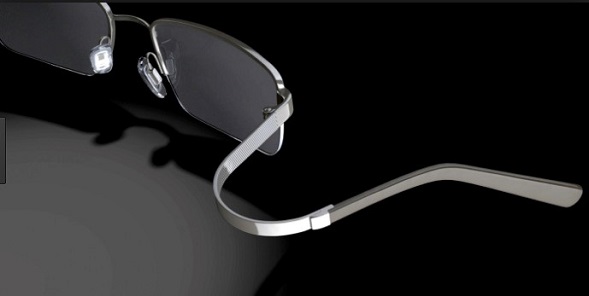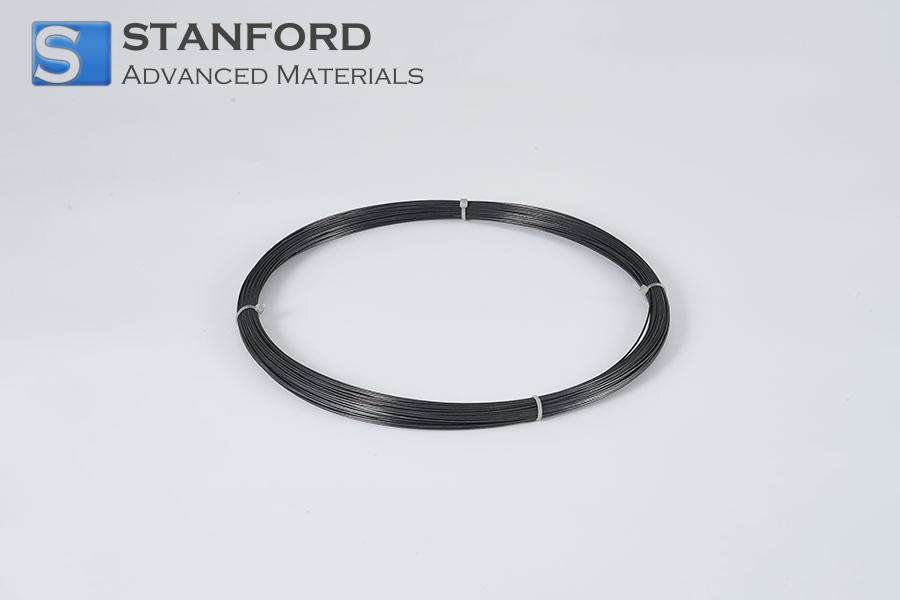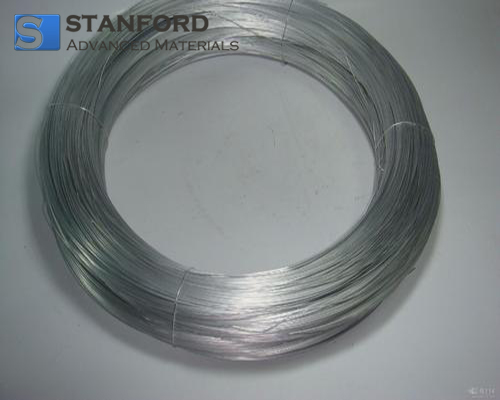Titanium Advantages In Eyewear
Titanium is valued for its high strength, toughness, low density and corrosion resistance, which supports its use in aerospace, sports equipment and premium automotive applications. The metal exhibits a deep dark sheen that has been documented in consumer goods. Recently, this material has been adopted in the eyewear industry. In this article, we examine the advantages of titanium in eyewear products.

Advantages of Titanium in Eyewear
The combination of titanium’s distinct appearance and its physical properties benefits users with active lifestyles. The titanium wire frame material is suitable for incorporating thicker lenses. Another advantage is its hypoallergenic property; consequently, it does not cause skin irritation, in contrast to many nickel-containing metals.
Typically, three types of titanium are used in eyeglass frames: pure titanium, beta titanium and Memory Metal. The initial frames were produced from pure titanium and achieved commercial acceptance. Subsequently, beta titanium and then Memory Metal established distinct niches in this market.
Beta titanium is an alloy primarily composed of titanium with vanadium and aluminium added for improved strength and toughness. Given its high strength-to-modulus ratio, this alloy imparts elasticity to the frame, thereby maintaining stability during prolonged use. Beta titanium is strong, durable, lightweight, flexible, hypoallergenic and corrosion resistant.
Memory Metal is an alloy consisting of approximately 50% titanium and 50% nickel. It exhibits a significant degree of flexibility. Eyewear frames manufactured from Memory Metal can be bent without fracturing and subsequently return to their original shape, even following extensive deformation.
Eyewear produced from flexible titanium, whether from pure titanium, beta titanium or Memory Metal, represents a recent development in eyeglass frame production. It is employed by individuals with active lifestyles, particularly for children’s and sports applications. It is suitable for users requiring lightweight frames.
Conclusion
We thank you for reading this article and trust that it assists in clarifying the advantages of titanium in eyewear products. For further information regarding titanium and its alloys, please visit Stanford Advanced Materials (SAM) for additional details.
Stanford Advanced Materials (SAM) serves as a primary provider of titanium in all forms. SAM manufactures titanium tubes for industrial and energy applications. Its ultra‐high purity titanium is utilised in industrial ultra‐high vacuum (UHV) systems, and its plates, rods and bars are employed in aerospace and various commercial applications. Commercial applications are diverse. Learn more.

 Bars
Bars
 Beads & Spheres
Beads & Spheres
 Bolts & Nuts
Bolts & Nuts
 Crucibles
Crucibles
 Discs
Discs
 Fibers & Fabrics
Fibers & Fabrics
 Films
Films
 Flake
Flake
 Foams
Foams
 Foil
Foil
 Granules
Granules
 Honeycombs
Honeycombs
 Ink
Ink
 Laminate
Laminate
 Lumps
Lumps
 Meshes
Meshes
 Metallised Film
Metallised Film
 Plate
Plate
 Powders
Powders
 Rod
Rod
 Sheets
Sheets
 Single Crystals
Single Crystals
 Sputtering Target
Sputtering Target
 Tubes
Tubes
 Washer
Washer
 Wires
Wires
 Converters & Calculators
Converters & Calculators
 Write for Us
Write for Us



 Chin Trento
Chin Trento


